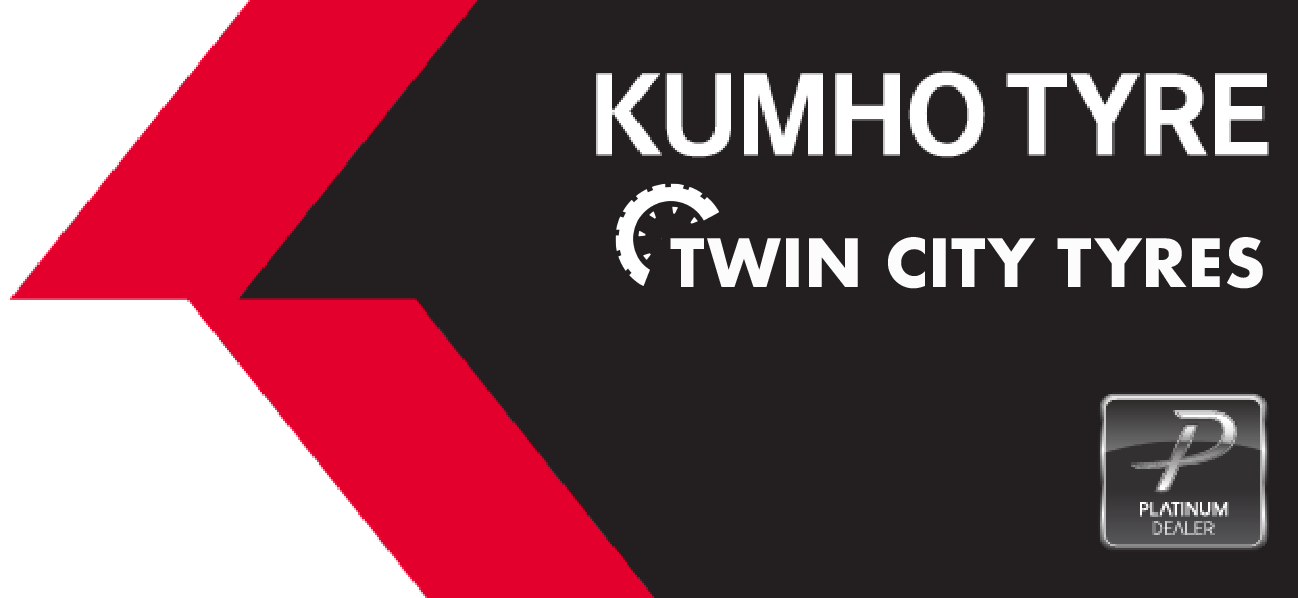WHEEL ALIGNMENT SPECIALISTS
WHY IS WHEEL ALIGNMENT SO IMPORTANT?
Wheel alignments are essential for getting consistent wear out of your tyres. This also ensures maximum road safety and a drive free of pulling or unwanted vibrating. Another reason maintaining wheel alignment is so important is because it improves overall fuel efficiency.
WHAT IS WHEEL ALIGNMENT?
Wheel alignment consists of adjusting the angles of wheels to reduce tyre wear and to ensure the vehicle is traveling straight. A wheel alignment service involves adjusting the vehicle’s suspension as well as the tyres and wheels.
Camber Angle
Camber describes the inward or outward tilt of the tyre when viewed from the front of the vehicle. Camber can be adjusted to maximise the tyre-to-road contact.
Toe Angle
Toe angle is determined based on whether the front of the tyres are closer (toe-in) or farther apart (toe-out) than the rears of the tyres, which can vary between front and rear wheel drive vehicles. In a front wheel drive, the front wheels try to pull toward each other, which requires a toe-out alignment, whereas a rear-wheel drive vehicle works just the opposite, requiring a toe-in alignment.
Caster Angle
Caster is the angle of the steering axis - viewed from the side of the vehicle, an imaginary line is drawn between the centres of the upper and lower ball joints forming a vertical angle.
Ride Height
Ride height is the reference point for all alignment measures and is determined by the distance between the vehicle’s frame and the road. If you lower your car, don’t forget to have a wheel alignment service afterwards, this also applies if you change to different sized wheels and tyres.
What damage can misalignment do?
Here is list a few different consequences of misalignment:
- Camber alignment which has been done incorrectly can cause your tyres to wear unevenly, depending on the angle it can affect either the inside or outside of the tyres.
- If the toe angle is aligned incorrectly it can cause the tyre tread to feather. Whereas an unequal toe angle can cause a sharp pulling result, this will also eventually cause feathering on the tread.
- Caster angles when set incorrectly will cause uneven wear on each tyre.
- Tyre imbalances can occur if the tyre has not been fitted properly and will undoubtedly eventually cause misalignment.
- Tyre misalignment not only affects the wheels, it also affects the suspension, ball joints, and other critical components. Which will leave you with a higher repair cost than regularly maintaining your wheel alignment and tyre health.
WE ARE THE LEADING WHEEL & TYRE SUPPLIER IN TOWNSVILLE
Twin City Tyres Townsville is open 6 days per week
Make An Appointment



